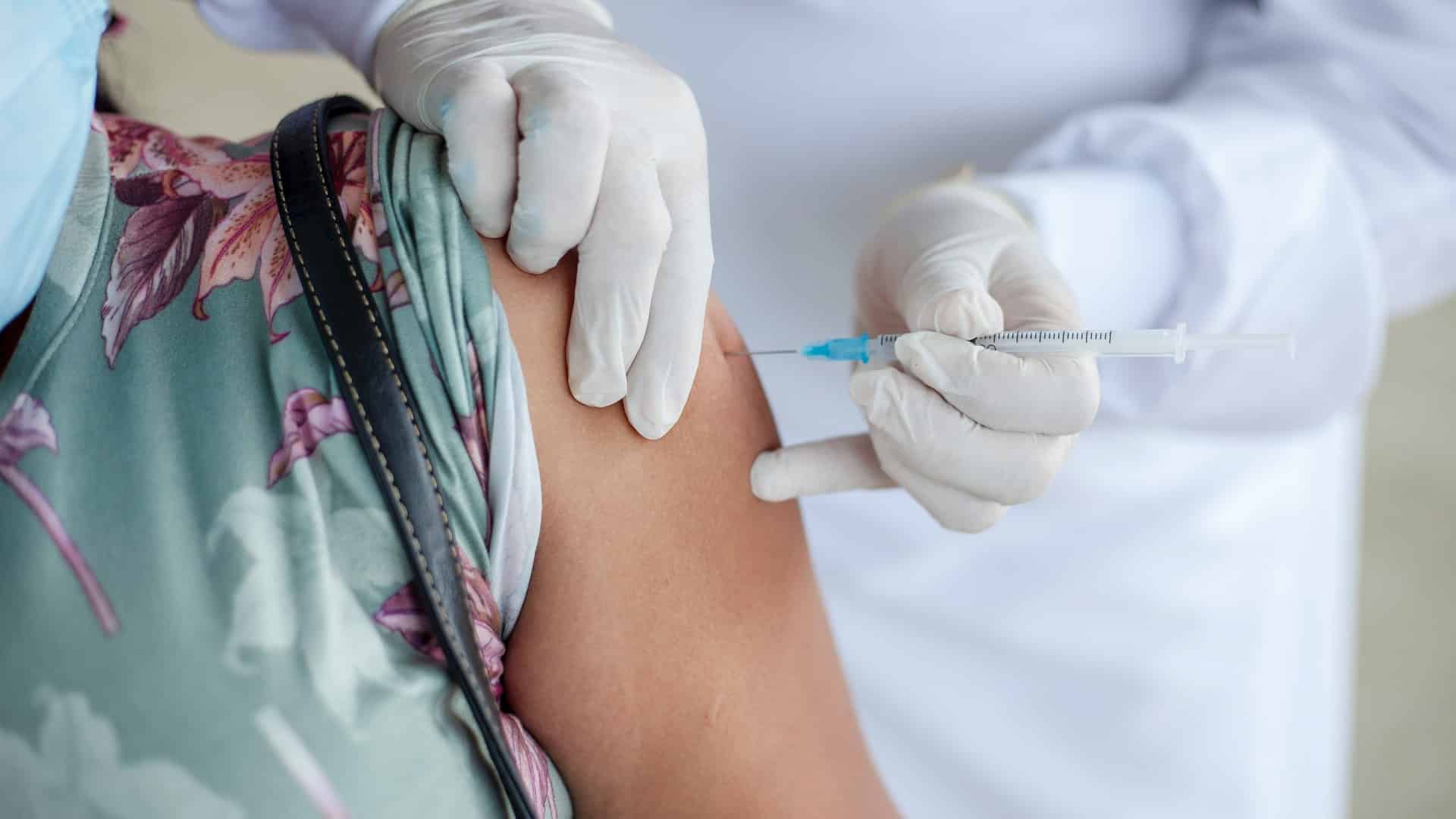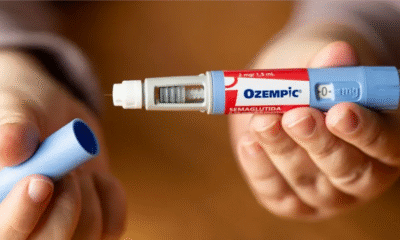COVID19
Risk of heart inflammation associated with mRNA COVID booster shots worry scientists
Top scientists have raised concerns about the risk of mRNA COVID booster shots causing heart inflammation in young adults. Some members of the Food and Drug Administration’s advisory panel have voiced concern about authorizing third mRNA doses for people 12 and up due to the risk of two rare heart inflammation conditions – myocarditis and pericarditis.
According to the Centres for Disease Control and Prevention (CDC), myocarditis though uncommon has been found mostly in male adolescents and young adults who received a vaccine from Pfizer or Moderna. It said cases typically arise within days of vaccination, usually after the second dose and subside with medicine and rest.
The CDC pointed out that unlike mRNA vaccines from Pfizer and Moderna, J&J’s COVID shot is not associated with a risk for heart inflammation. Over 15 million Americans have received their primary vaccine dose from J&J. Moderna’s COVID-19 vaccine booster is half the dose of the initial shots used in its two-shot vaccination – 50 micrograms of mRNA versus 100 micrograms per each initial shot.
Dr Ofer Levy, Director, Precision Vaccines Program, Boston Children’s Hospital, and a voting member of the FDA’s advisory panel, told CNBC that as they go into younger and younger age groups, they are less and less at personal risk of severe COVID-19 infections. But, he highlighted that they are somewhat more at risk of this inflammatory heart condition with the mRNA vaccine. “So it’s a risk benefit analysis, and that’s why you’re seeing that deliberation.”
Levy said the priority is to keep people out hospital, keep them alive. “But if we can get a level of immunity that reduces the chance that you even get infected or spread to anybody else, that’s wonderful because that can get us towards herd immunity.”
Also Read: Centre removes export curbs on COVID-19 diagnostic kits and reagents
Dr Peter Marks, Director, FDA’s Center for Biologics Evaluation and Research, said it’s important to remember that the vaccines still provide strong protection against serious outcomes, especially for younger age groups. “The vaccine effectiveness against mild to moderate disease does appear to wane over time for the different vaccines. And we do need account for the fact that mild to moderate COVID-19 can be associated with adverse outcomes, such as blood clots and long COVID-19, even in those who have breakthrough infections after vaccination.”













































Pingback: EEPC India has decided to go deep in tier-II and III cities.